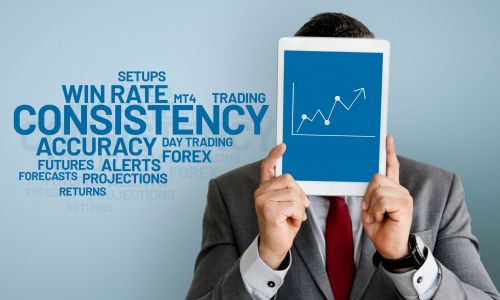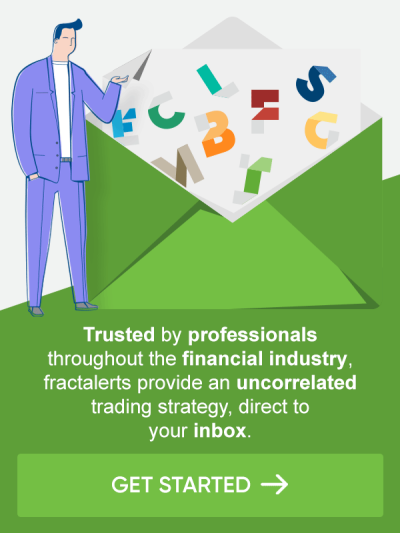Searching for the right broker? If you’re here, it’s because you’re interested in trading – the actual buying and selling stuff of trading, not just owning some stock. Well, to start trading, you’ll need to open an account at a brokerage. Or, you can always put on your best pointed collar shirt, head to the floor of the New York Stock Exchange, and start yelling. Let us know how that goes.
The kind of brokerage you decide on will color the way you invest in ways subtle and significant, so you’ll want to make sure you pick one that offers both the tools and convenience you need. Look beyond fees and commissions – not because they’re unimportant, but because so many have adopted the $0 trades model – and you’ll be surprised how much value an intuitive user interface or detailed account statement can provide.
Here’s what you need to know to find the right one for you.
Full-Service vs. Discount Brokers
The biggest difference between brokers is the amount of added-value service they provide. But almost no broker is actually going to identify themselves and outright say, “we’re a full-service broker” or “we’re a discount broker.” These are broad categories that cater to different traders’ needs.
Discount brokers tend to be online services where you handle most everything yourself, from executing trades to spotting opportunities. One rule of thumb is that any place offering $0 commissions is a discount broker – Robinhood being the classic example. But in the competition for new customers, online firms are blurring the lines. Charles Schwab offers $0 commissions on stock trades, plus their proprietary StreetSmart Edge ETF screener to help you compare ETFs.
Full service brokers are more old-school. They’ll often have financial advisors or customer service reps for you to talk to, and offer a bevy of services ranging from tax planning to trading strategies. Everyone’s in the game: UBS, Merrill Lynch, Edward Jones, Raymond James, Ameriprise Financial, Wells Fargo Advisors, AXA Advisors, Charles Schwab, Fidelity and countless more firms, big and small.
The Right Broker – Costs
Always find out how a brokerage is making money. If they’re giving away something for free, it means they’re making it up somewhere else – which may not necessarily be bad for you – but you’ll want to be aware well before the first bill comes.
Most brokerages make money by charging a $5–10 commission on each trade. So when you buy and then later sell a stock, you pay them twice. If you’re an active trader, planning to hold a variety of stocks for just days or weeks at a time, these commissions can easily eat up your profits. If you’re a day trader, you’ll save hundreds with a $0 commission option like Fidelity or TD Ameritrade, though many day traders continue opt for Interactive Brokers, a popular platform practically built for day traders that charges users $.005 – half a cent – per share exchanged.
Other brokerages (especially of the robo-advisor variety, which we’ll get into next time) will charge an annual fee of a small percentage of what’s in your portfolio – generally below 1%. But beware: these annual management fees usually depend on your portfolio’s value. So if the firm advertises a rock-bottom 0.25% annual fee, they’re almost certain to charge twice as much or more on accounts under $25,000 or so.
The Right Broker – Account Minimums
Much like the race to the bottom in commissions, account minimums have largely gone by the wayside. That is, except for full-service investment firms, where you’ll have a(n often expensive) broker available by phone. These firms can have minimums anywhere from $25,000 to $1 million or more.
If you’re truly just starting out, with a few hundred or thousand dollars, your time and money will be better spent looking into discount brokerages. Just make sure you find out what the minimum is before you open the account, so you don’t waste your time or pay any unnecessary fees.
These are just the first steps to picking the right brokerage. Finding the ideal one for your financial situation and investing strategy takes time – but the work pays off.
Optimize your trading with fractalerts!
Want to learn more about how math and physics can improve your trading? Take a more analytical look at the markets and remove the emotion… and misperceptions that run infectiously through the minds of most traders. Fill in the form on our home page and a member of our team would be happy to give you a call or engage via email.
-

The rhytm beneath the noise
-

You Don’t Need a Trading Style. You Need an Edge.
-

Consistency Isn’t the Goal—It’s the Outcome
-

What 2 Quadrillion Data Points Told Us
-

Math and Physics-Based Trading in Any Market Condition
-

Do not worry about anomalies
-

Consistency should not be the goal. Consistency should be the result.
-

Stop canceling fridays
-

The Elliott Wave Forecast is Subjective, Bias Driven And Backwards looking
-

Finding patterns in market data

